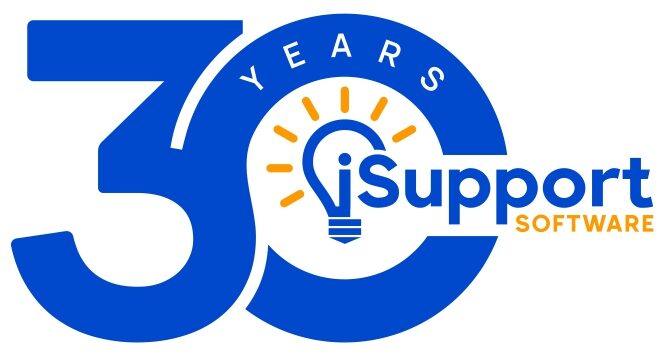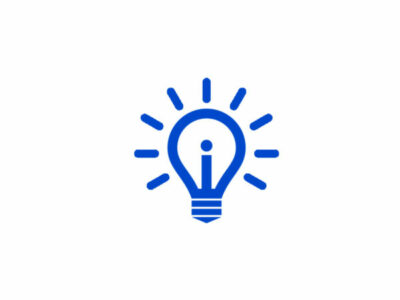 The healthcare technology industry changes at a fast pace. So what will healthcare technology look like in the coming year? To help you answer this question, the following predictions highlight the major trends you should expect in 2015.
The healthcare technology industry changes at a fast pace. So what will healthcare technology look like in the coming year? To help you answer this question, the following predictions highlight the major trends you should expect in 2015.
Amazon and Alibaba to Enter the Healthcare Market
Alibaba and Amazon are predicted to enter the healthcare market in a big way this year, providing dedicated services around healthcare. As both Internet giants have the ability and capacity to service both institutional organizations and individual customers, this could radically shake the market, especially if a more patient-centric healthcare model is followed.
Chinese Companies Increase Share of Healthcare Technology Market
Chinese companies will continue to increase their share of the healthcare technology market in 2015. Chinese producers of medical imaging and other capital equipment are already challenging the market share of larger multinational companies in US, Japan, and Europe. Chinese manufacturers of medical technology and healthcare are now making an imprint into emerging markets. China is also set to become the technology leader in APAC with its share of the healthcare IT market rising from 21% in 2013 to 32% in 2020.
Cognitive Analytics to Become Mainstream
Markets for healthcare analytics and cognitive computing products are predicted to grow by over a fourth (27%). Previous barriers to commercialization have been overcome, enabling the commercial launch of several SaaS modules in the year to come.
Huge Growth in Private Healthcare Exchanges
There will also be a huge increase in the use of private healthcare exchanges by enrollees purchasing health plans this year. Last year, there were approximately 2.5 million enrollees using private exchanges, a figure that’s expected to increase three-fold. This rise in popularity will be fueled by businesses who are looking to change plans and contributions to employees by negotiating options through private exchanges.
More mHealth Products Provided by Employers
An increasing number of businesses and organizations are likely to present their employees with vouchers and discounts for mHealth products and service platforms, with one estimate suggesting that as many as four-fifths of large businesses will provide such incentives aimed at encouraging a healthier lifestyle. The business logic behind this trend is obvious: employees who are more aware of their health and take preventative action are less likely to experience more acute outcomes.
Growth in Consumer Out-of-Pocket Spending on Health and Wellness
Customer out-of-pocket spending on health and wellness is also expected to grow this year. High profile launches like the Apple Watch and its associated health kit are likely to encourage a rise in spending by as much as 60 or 70%, meaning that 2015 could be the year that wearables and mHealth applications are finally embraced by a large section of the population (visit Stoneridge website for more information).
Wearables: More Business But Fewer Companies
While wearables are predicted to grow in popularity, it’s also expected that the number of producers will fall. Presently, the market is oversaturated and stuffed full of similar, indistinguishable wearables. With this in mind, the market is likely to contract this year, reducing the number of wearable producers to a select few who are all capable of offering distinctive goods. This, combined with growing consumer interest in wearables this year, means there will possibly be more business but fewer companies in this marketplace.
High Risk of Hacker Attack for Healthcare Providers
Related post: How to take Private Swimming Lessons North York?
Last year, almost half (42%) of all major data breaches occurred as a result of attacks on hospitals and other healthcare organizations. Industry watchdogs have already raised a number of red flags that warn of potential security vulnerabilities including the use of outdated software systems by hospital networks, weak security measures, and the lack of coordinated security strategies across organizations.
As these trends demonstrate, healthcare technology is likely to transform over the next year with new players at both domestic and international level, as well as new products changing the market.
Related: How to find federal labor posters for your business?
As medicine goes through a period of unprecedented growth, consolidation is happening among practices and hospital systems at a much faster pace. When your user base doubles or triples overnight, iSupport can expand to meet your needs.
Our software is developed with an understanding of the unique regulations placed on medical practices.
For more information about how we can help, call (888) 494-7638 or contact us online.


